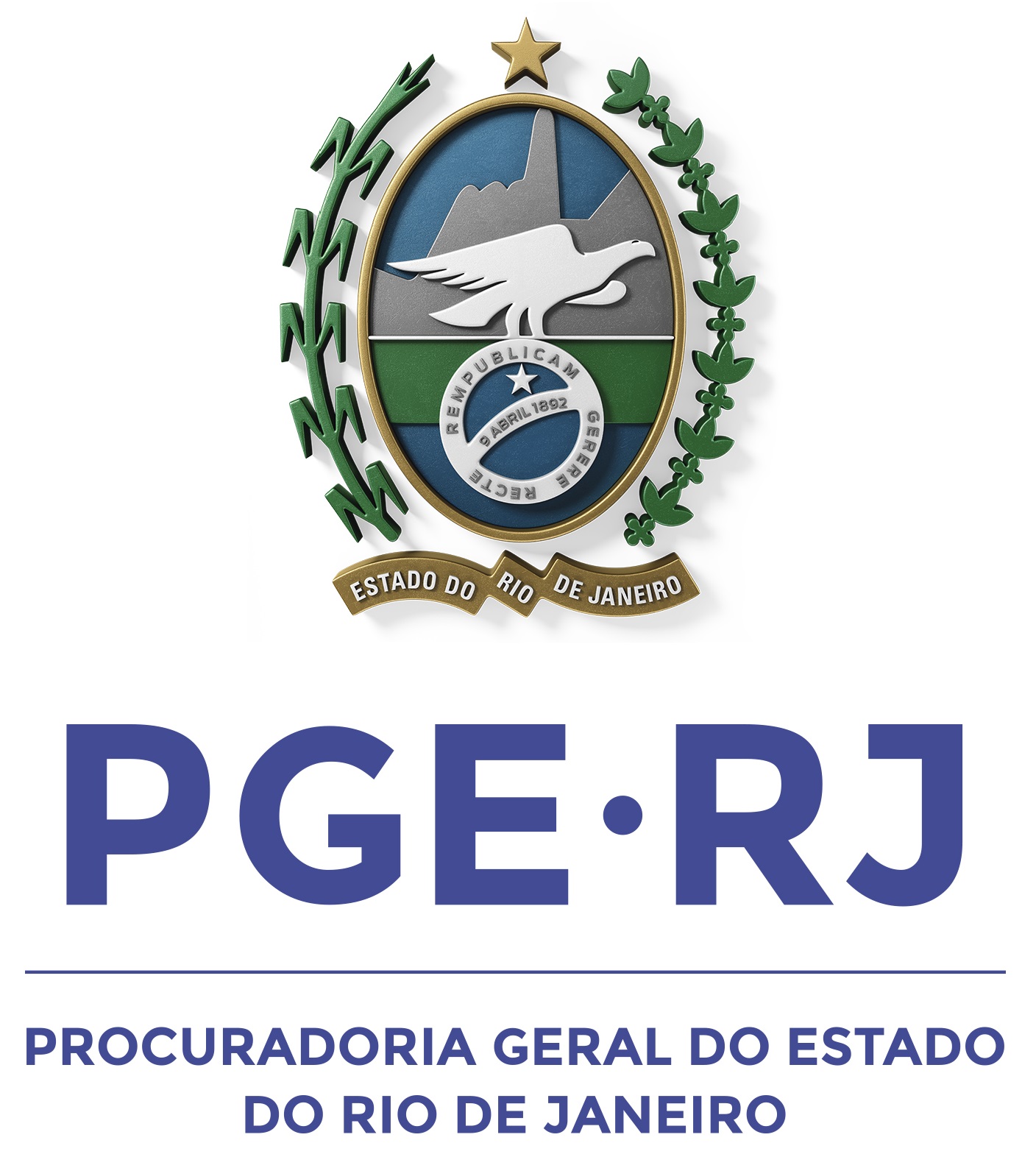Data protection
VPNS and Brazilian law
DOI:
https://doi.org/10.46818/pge.v5i2.268Keywords:
VPN, Privacy, Surveillance, General Law of Data ProtectionAbstract
A critical exploration of the nuances that concern the services provided by VPN (Very Private Network) companies. It was noted, through bibliographical research, that there’s been a development in the global scenario of surveillance, and it relates to a will to expose oneself. In this scenario, VPN companies can be perceived as boundary objects and present themselves as a vector that substantiates claims of privacy. They create a market centered in the commodification of a sense of security and privacy on the web. The way these companies operate shows a lack of availability of technical information concerning user data and can put the right to your own data and the effective possibility of the state gathering information in a precarious position. There is also an overconfidence in the algorithms that dictate the functioning of technology. Furthermore, it has been noted that the Brazilian law establishes a few specific limitations in the General Law of data protection and in the Civil Law of Internet. Notably, concerning the duty of the service provider to keep connection logs, a few inconsistencies have been perceived. Moreover, an opening for the relativization of the duty to show connection logs by the service provider has been perceived concerning the large spectrum of activities that can be framed as industrial or commercial secrets. The research concludes that Brazilian law lacks specific regulations that is yet to be sedimented by jurisprudence and by the National Authority of Data Protection so that these companies can act under a robust set of laws.
Downloads
Downloads
Published
How to Cite
Issue
Section
License
Copyright (c) 2022 Samuel Andreatta Medeiros

This work is licensed under a Creative Commons Attribution-NonCommercial 4.0 International License.
By submitting a manuscript, authors agree to the terms of the Copyright Notice. They also authorize Revista Eletrônica da PGE-RJ to publish this manuscript under a Creative Commons Attribution-NonCommercial 4.0 International License and recognize it as a vehicle for its original publication.




















